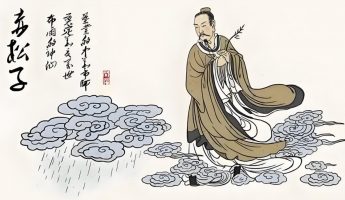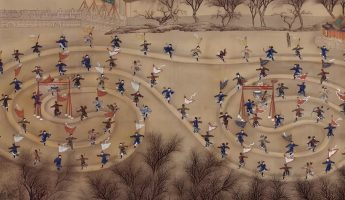Taoism is an important part of traditional Chinese culture, with profound ideas and a long history, covering multiple fields such as philosophy, religion, medicine, and health preservation. Many people have developed a strong interest in Taoism and want to gain a deeper understanding of this world full of wisdom. However, for beginners, the vast amount of information and classics makes it difficult to access. To help everyone quickly get close to Taoism, this article will recommend three classic Taoist scriptures to guide you on the journey of exploring Taoism.
1、The Tao Te Ching
The Tao Te Ching is a classic work of Taoism, written by Laozi, and is known as the “cornerstone of Taoism”. This book consists of 81 chapters, divided into two parts: the “Dao Jing” and the “De Jing”, which contain profound philosophical ideas and cosmology. Laozi used concise language to expound on the concept of “Dao” – the fundamental law and power of the universe, as well as the connotation of “De” – personal cultivation and behavioral norms.
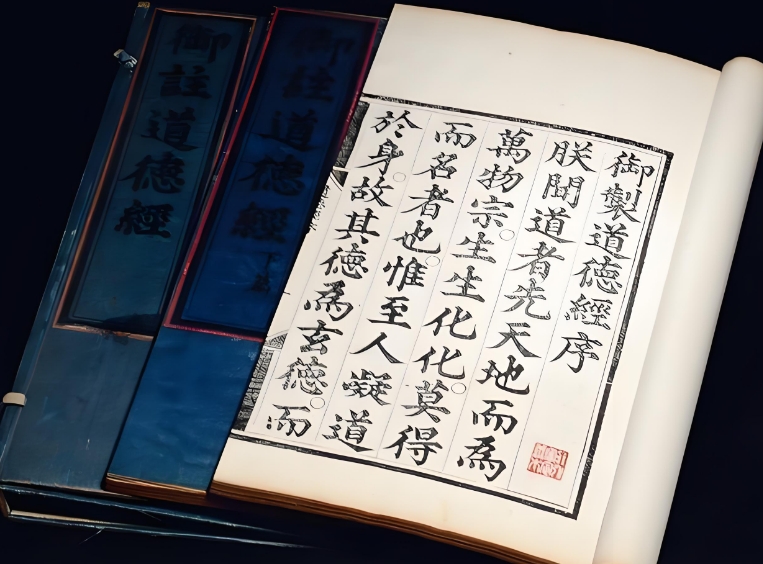
The relationship between Dao and De: Laozi believed that “Dao” is the source of creation for all things, while “De” is the law governing all things. The practice of Taoism is not only about pursuing understanding of the Tao, but also about practicing virtues in daily life. The book mentions the concept of ‘Shangde Wuwei’, emphasizing adherence to natural laws and reducing human interference. This wisdom is particularly instructive for people in modern society.
The idea of governing by inaction: The Tao Te Ching repeatedly emphasizes the concept of “governing by inaction”. Laozi advocates managing society through natural means, reducing intervention, and allowing nature to thrive on its own. This kind of thinking is still widely applicable today, especially when facing complex social problems. The wisdom of inaction provides us with a new perspective.
Reading the Tao Te Ching not only allows one to appreciate the profound wisdom of Laozi, but also to appreciate the baptism of personal soul by Taoist philosophy. The poetry in the book is short and full of charm, often inspiring new thinking in different readings.
2、The Nan Hua Jing
The Nanhua Jing is another important classic of Taoism, written by Zhuangzi. With his rich imagination and sense of humor, he depicted a philosophical world full of dreams and transcendence. The book explores the mysteries of life, the realm of freedom, and the relationships between humans and nature, as well as between humans and society, through fables and dialogues.
The relativism of Taoism: Zhuangzi proposed the viewpoint of “equality of all things” in his book, emphasizing that all things are equal and the world is relative. Zhuangzi’s philosophy challenges traditional values by conveying respect and reverence for nature and life through diverse narrative methods. This kind of thinking inspires us to maintain flexibility and multi-dimensional understanding when facing complex social phenomena.
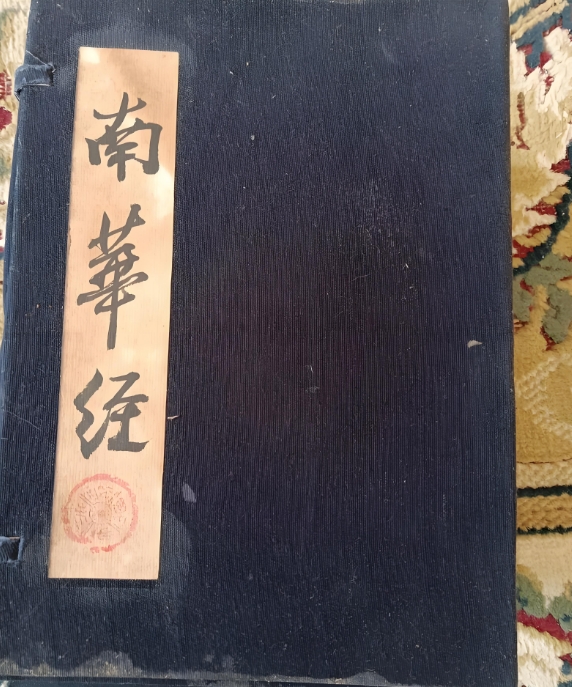
Dreams and Reality: The most famous story in the “Nanhua Jing” is “Zhuangzi Dreaming of a Butterfly”. Zhuangzi dreamed of becoming a free flying butterfly, but woke up confused about whether he was just a butterfly in his dream. This story has sparked profound contemplation on the relationship between reality and illusion, life and dreams, and revealed the transcendent realm advocated by Taoism.
Reading the “Nanhua Jing” not only allows one to experience Zhuangzi’s humor and wisdom, but also to comprehend Taoism’s unique understanding and attitude towards life. The language of this book is beautiful and the plot is vivid, making it very suitable for beginners to savor slowly.
3、The Tai Shang Gan Ying Pian
The “Tai Shang Gan Ying Pian” is one of the Taoist classics, mainly about the laws of cause and effect and the retribution of good and evil. The book emphasizes the importance of moral behavior and teaches people how to accumulate good deeds in daily life, thereby achieving inner peace and social harmony.
A profound understanding of the law of causality: Taoism believes that human behavior will have a profound impact on the future. The “Taishang Induction Chapter” illustrates through real cases the principle that good will be rewarded with good, and evil will be punished with evil, advocating that people value their own behavior, respect cause and effect, and strive to be a kind person. This viewpoint has important practical significance in today’s society, encouraging everyone to practice good deeds and promote the harmonious development of society.
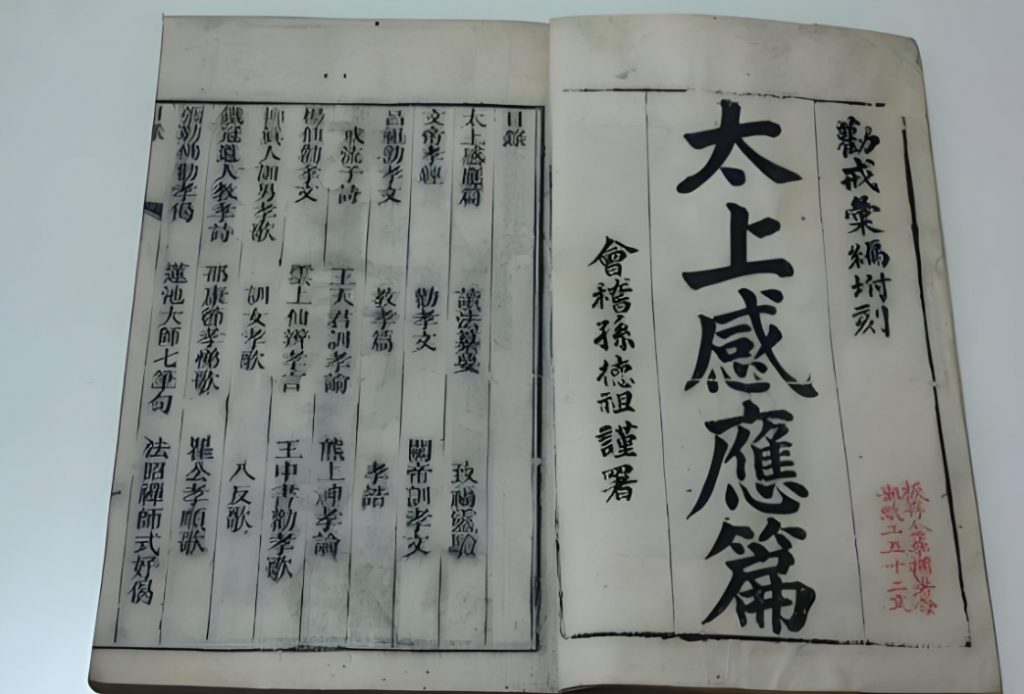
The methods of moral cultivation: The “Tai Shang Gan Ying Pian” lists many methods of self-cultivation and family harmony, such as “sincere repentance” and “regularly doing good deeds”, to help practitioners continuously improve their moral cultivation in life. These practical suggestions undoubtedly have a positive guiding effect on ordinary readers to establish good moral concepts in their daily lives.
By reading the ‘Taishang Induction’, we can have a clearer understanding of the meaning and impact of individual behavior, learn to better cultivate ourselves and our families in modern society, and become beneficial individuals to society.
The above are the three recommended Taoist classic books: “Tao Te Ching”, “Nan Hua Jing”, and “Tai Shang Yin Pian”. They each interpret the core ideas of Taoism from different perspectives, helping readers to quickly understand Taoism while gaining a deeper understanding of their relationship with nature and society.
I hope that every reader can embark on their own journey of exploring Taoism through these three books, and appreciate the wisdom and power that Taoism has given us. Whether seeking inner peace or finding guidance in a busy life, these Taoist classics can provide you with endless inspiration and guidance, leading you towards a higher level of life experience.

